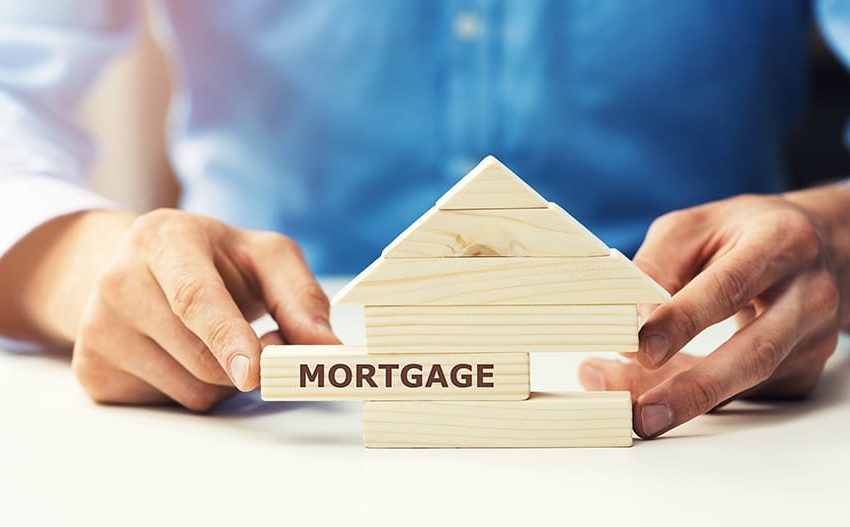Things You Should Consider Before Making Your Airbnb Business Model Official
Whether you’re thinking about starting your own Airbnb business or you’re already involved in this space, there are some key things you should consider before making your business model official. These include legal and regulatory issues, partnerships and scalability. https://en.wikipedia.org/wiki/Airbnb
Managing bad behaviors and risks
Managing bad behaviors and risks is a requisite for the burgeoning hospitality industry. Airbnb has a dedicated Trust and Safety division that manages a slew of safety and security measures, such as guest screening, customer service, and fraud prevention. It also boasts a hefty database of user reviews tied to network member profiles. The company even has a service recovery staff in place to ensure that a customer’s needs are met. Its community support function is key to keeping guests on the site.
The company has also found a way to stand out from the competition. One of the most notable achievements is the ming a ming, a viral mobile app that allows hosts to share photos, reviews, and information with each other. In turn, hosts are empowered to make decisions that benefit their guests and their hosts. A recent study has found that the ming a ming has a user base of over 25,000 members and is growing at a rate of nearly 15 percent per month.
Scalability
Whether you’re thinking about starting an Airbnb business or are already an existing host, you need to think about scalability of your business model. There are a number of factors you should take into consideration, including your asset, strategy, marketing, and personality.
To get started with an Airbnb business, you first need to decide on the type of property you want to list, and then decide on how you want to market it. Once you’ve decided on these elements, you’ll need to determine your brand, systems, and marketing.
Airbnb is a peer-to-peer platform that connects people with rooms to rent. It’s a great way for travelers to find a home-like room in a foreign city. It’s also a great way for hosts to earn extra income from their homes.
It’s important to understand that you’ll need to spend a little money to get started. You’ll need to set up your business and pay for some of the basic technological set-up costs. You’ll also need to invest in your brand and customer experience.
Partnerships
Developing partnerships in the Airbnb business model is a key part of the company’s growth. The company has developed a number of partnerships with third party providers, such as Urbandoor, a company specializing in short-term rentals, and Luckey Homes, a concierge company specializing in rental properties in France.
These partnerships create value for both Airbnb and the third-party providers. By partnering, Airbnb can extend its value proposition to hosts and guests alike. It also helps third-party service providers optimise processes and engage new clients.
Third-party service providers can embed services in the Airbnb trading platform, such as a professional photography service. They can also generate revenue by providing services that are not offered by Airbnb. This helps Airbnb enhance its value proposition for Superhosts and hosts.
Real estate developers and investors have been major partners of Airbnb. Real estate developers can benefit from being associated with Airbnb, since they can bear risk associated with renting out rooms or apartments.
Legal and regulatory landscape
Throughout its short history, Airbnb has faced legal conflict with governments and municipalities. Specifically, the company has clashed with city governments over their rules on short-term rentals.
Most cities have relatively lenient regulations on STRs. These laws aim to ensure that the industry does not disrupt local neighborhoods while creating a level playing field for the traditional hotel and lodging industry. But many localities have also criticized STRs, claiming that they have turned residential neighborhoods into tourist areas.
In response to these complaints, some localities have enacted restrictions on STRs. They require guests to be residents of the community, limit the number of guests that can stay in a home, and require hosts to be on site for at least six months per year. Some localities have also outlawed STRs completely.
Many cities have also made deals with Airbnb to help them collect taxes. However, some cities are also considering ways to regulate Airbnb based on security and taxation. These changes could have adverse effects on the business.




